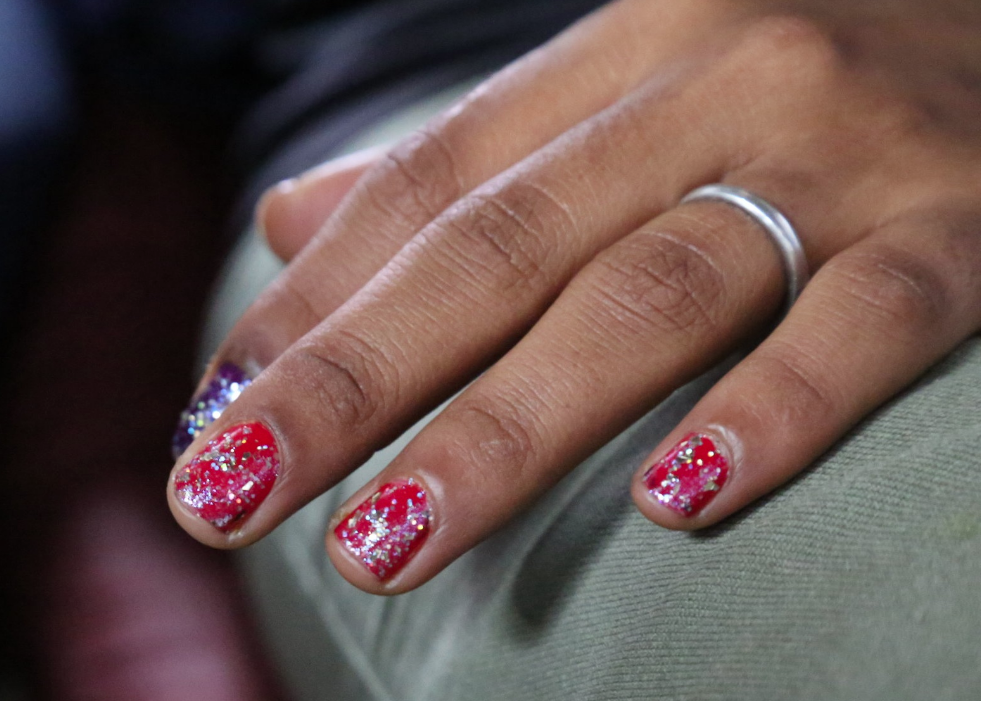SAADIA'S JOURNEY
Saadia left Iraq with her children and husband and his brother’s family. Braving extreme winter temperatures the seven children and their parents made the perilous 1500km journey across the border to Bulgaria to seek refuge.
Robbed and beaten by border guards and abandoned in the snowy wilderness at night miles from anywhere, Saadia’s husband and his brother and wife perished in the poor weather, leaving Saadia to care for her three children and four orphaned nephews and niece in poor conditions in a refugee camp in Bulgaria. Her only surviving relative was her British brother-in-law who lived in Wales.
A teacher at the refugee camp in Bulgaria describes her first meeting with the family after their arrival:
“I watched in horror as several of the oldest children hobbled down the corridor towards the school, wincing in pain from frostbitten feet, something I had never come across before.
“They were all living in a small room together on the second floor of a large building full of other refugee families and men who are travelling alone. There was very little privacy. Other families have been very supportive but all families have their own stresses and worries. It is a very stressful place to live.”
“Saadia’s British brother-in-law abandoned his commitments and job in the UK to go to Bulgaria to care for the family while they waited to hear if asylum would be granted for the family so they could live with him in the UK. He said: “When I first came to the camp they were very bad. No-one really cared about them. Their feet were really bad, they cried every night, they couldn’t walk.”
Safe Passage’s legal team faced a number of challenges in ensuring the entire group were transferred to the United Kingdom under the Dublin Regulation and accommodated near one another.
At first “take charge requests” for all of the group were rejected on the basis that the widow could look after all 7 children in Bulgaria despite her mental health problems and the obvious connection with the British relative who had been caring for them.
Subsequently, the orphans were accepted but the widow and her children were not.
Their teacher was deeply concerned about separating them,
“They have experienced such trauma and are an incredibly important support network for each other and will continue to be as they grow up, learning how to deal with their past trauma and loss. For these children, no one else, will ever truly understand what they have been through. They have become a close family unit”
We issued judicial review proceedings against the Home Office on the basis that separating the group would breach Art. 8 ECHR. The Home Office eventually backed down and accepted all of the children under Articles 8.(2) and 17(2) of Dublin III (the provision for unaccompanied minors to travel to live with aunts/uncles and the discretionary family reunion provision).
In September, Saadia and all seven children flew to the UK to join her brother-in-law.

